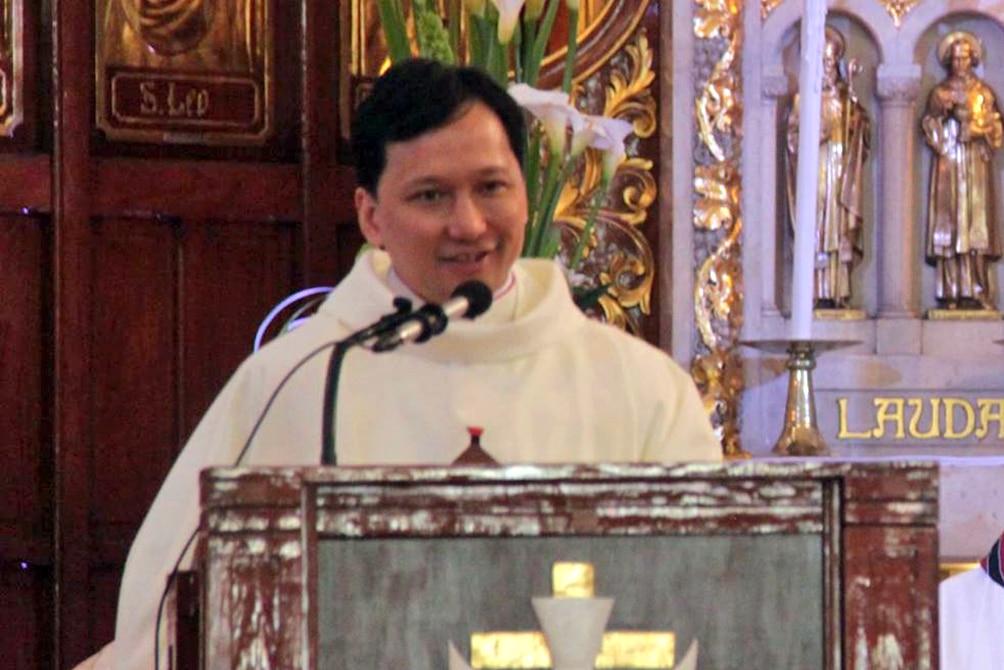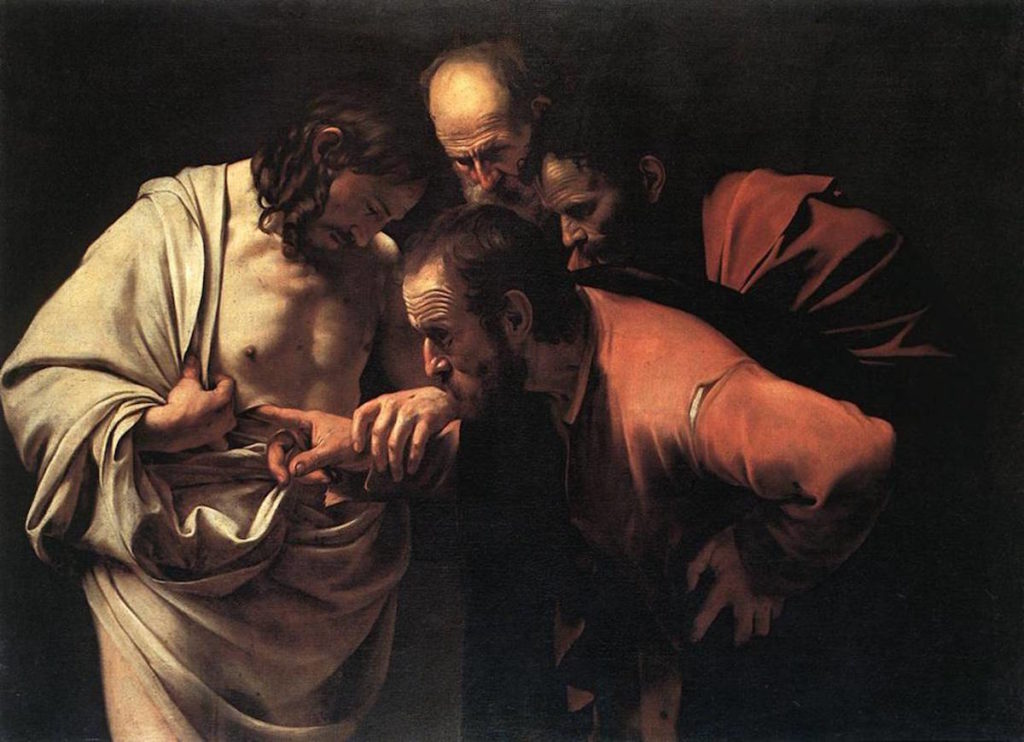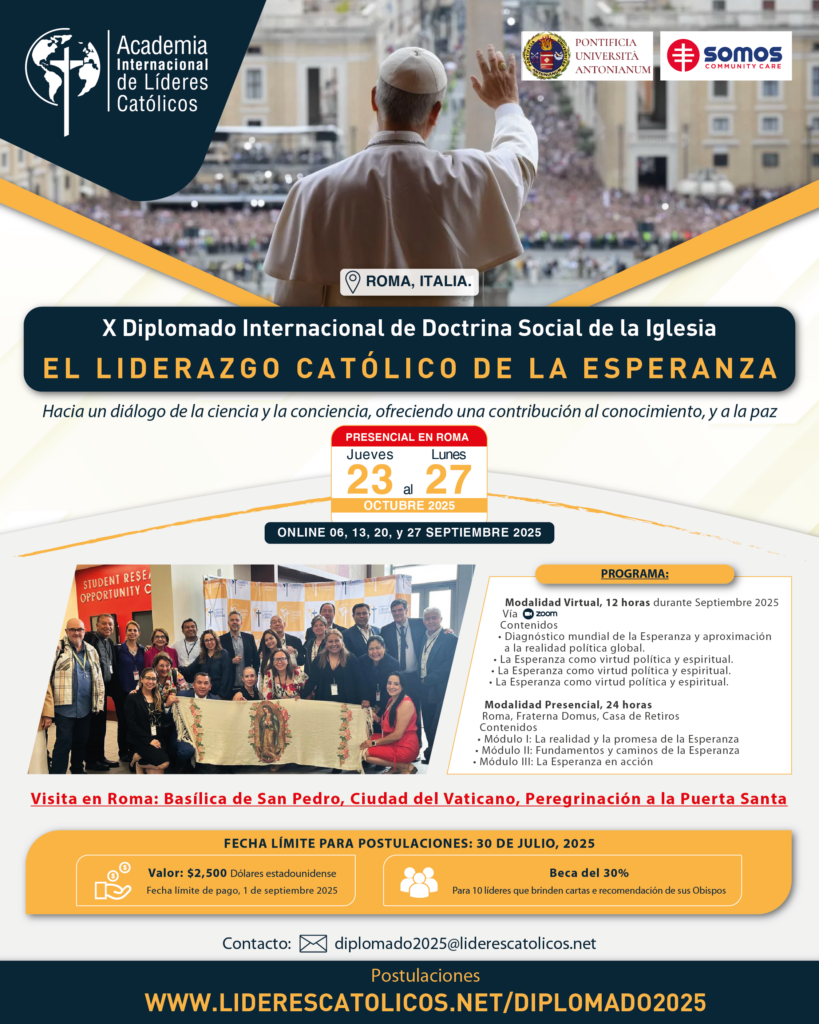Pope Francis Names Manila Priest as Envoy to Rwanda
Monsignor Arnaldo Catalan

Pope Francis has appointed Manila Priest Monsignor Arnaldo Catalan as the new apostolic nuncio to Rwanda.
The appointment was made public Monday, Jan. 31, and published by the Holy See Press Office.
Msgr. Catalan succeeds Archbishop Andrzej Józwowicz who was transferred to Iran in June 2021.
In appointing Catalan as a Vatican envoy, the pope also elevated him to the titular See of Apollonia, with the dignity of Archbishop.
A priest of the Archdiocese of Manila, the archbishop-elect was ordained to the priesthood in March 1994.
At 55, he is the first priest of the archdiocese to become a nuncio.
Cardinal Jose Advincula of Manila thanked the pope for the appointment, which he described as a “gift and honor” for the archdiocese.
He also assured Catalan, who has been serving as the Chargé d’affaires of the Apostolic Nunciature in China since 2019, of his support and prayers as he takes on his new mission.
Catalan joined the Holy See Diplomatic Service in July 2001. Since then, he has served in the Apostolic Nunciatures in Zambia, Kuwait, Mexico, Honduras, Turkey, India, Argentina, Canada, and the Philippines.
The details of his episcopal ordination are yet to be announced.
The Rwandan genocide occurred between 7 April and 15 July 1994 during the Rwandan Civil War. During this period of around 100 days, members of the Tutsi minority ethnic group, as well as some moderate Hutu and Twa, were slaughtered by armed militias. The most widely accepted scholarly estimates are around 500,000 to 800,000 Tutsi deaths.
The population is young and predominantly rural; Rwanda has one of the youngest populations in the world, with the average age being 19 years. Rwandans are drawn from just one cultural and linguistic group, the Banyarwanda. However, within this group, there are three subgroups: the Hutu, Tutsi, and Twa. The Twa are a forest-dwelling pygmy people and are often considered descendants of Rwanda’s earliest inhabitants. Scholars disagree on the origins of and differences between the Hutu and Tutsi; some believe differences are derived from former social castes within a single people, while others believe the Hutu and Tutsi arrived in the country separately, and from different locations. Christianity is the largest religion in the country; the principal language is Kinyarwanda, spoken by most Rwandans, with English and French serving as additional official languages. The sovereign state of Rwanda has a presidential system of government. The president is Paul Kagame of the Rwandan Patriotic Front (RPF), who has served continuously since 2000. Today, Rwanda has low levels of corruption compared with neighboring countries, although human rights organizations report suppression of opposition groups, intimidation, and restrictions on freedom of speech. The country has been governed by a strict administrative hierarchy since precolonial times; there are five provinces delineated by borders drawn in 2006. Rwanda is one of only three countries in the world with a female majority in the national parliament, the two other countries being Bolivia and Cuba.
Related

Saint Thomas the Apostle: In the face of doubts, faith
Eugenio Bujalance
03 July, 2025
5 min

The Barbastro-Monzón Diocese Submits a Proposal Regarding the Torreciudad Complex to the Holy See
Exaudi Staff
01 July, 2025
3 min

The Only St. Andrew Bobola Shrine in the U.S. with the Pope’s Blessing
Exaudi Staff
01 July, 2025
3 min

Formation and Faith in Jubilee 2025: The International Academy of Catholic Leaders and Antonianum University Announce the 10th International Diploma Program in Rome
Academia de Líderes Católicos
30 June, 2025
2 min
 (EN)
(EN)
 (ES)
(ES)
 (IT)
(IT)

